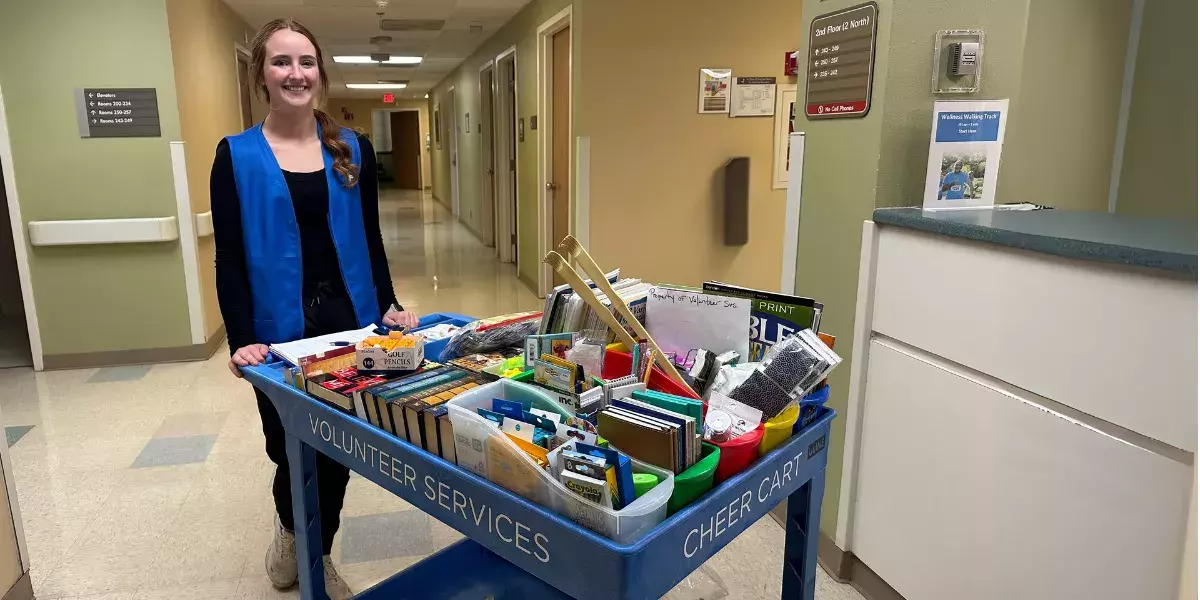
Eat, Sleep, Console approach to opioid withdrawal symptoms is helping newborns thrive
A new approach to caring for babies exposed to opioids is implementing a functional assessment of withdrawal symptoms and prioritizing fundamental infant soothing and feeding practices as effective techniques for treatment.
The Eat, Sleep, Console (ESC) approach provides an organized, systematic way of assessing an infant’s opioid withdrawal severity based on how well an infant can eat, sleep and be consoled. Practicing this approach has reduced hospital stay and the need for medications among infants.
These three basics are the primary and vital needs of all newborns. Caring for babies with exposure to opioid medications has become one of the most significant concerns for newborns in healthcare settings. ESC encourages newborns to be treated with more non-pharmacologic approaches like breastfeeding, swaddling, soothing and skin-to-skin contact.
“One of my favorite parts of the process is that when you do see withdrawal symptoms interfering with these needs, the first thing a nurse would do is huddle with the family and make a plan on how to improve non-pharmacologic interventions like breastfeeding, soothing and all of these methods that are very good for babies,” said pediatrician Jaime Brown, MD.
Spartanburg Regional Healthcare System has been a part of a multi-system study to test how effective this approach is for newborns. As part of the national sample, the system’s use of the Eat, Sleep, Console approach showed how the care approach can be replicated effectively and safely throughout the country.
Prior to implementing this approach, treatment had been based on a subjective observer scale of withdrawal symptoms, called Finnegan. There has been concern that this process could over-diagnose significant withdrawal and lead to more treatment with opioid medications.
“Anytime you give medications to children, there’s a possibility of side effects,” Dr. Brown said.
The approach’s success comes from the use of a function-based scale, in addition to the non-pharmacological care.
According to the National Institute of Health, researchers have found the Eat, Sleep Console approach to be more effective than the previously used Finnegan Neonatal Abstinence Scoring Tool. Comparatively, newborns cared for through the ESC approach were discharged from the hospital six to seven days earlier and were 63% less likely to receive medication as part of their treatment.
“Even as doctors have tried their best to make a judgment call (based on Finnegan) to attempt to safely decrease overtreatment with medication, the Eat, Sleep, Console process performed way better,” Dr. Brown said.
Another benefit to ESC is having more family member involvement in the care plan of a newborn.
“This has helped us empower families to be a part of their child’s healthcare and make them feel welcomed in the process,” Dr. Brown said.
Dr. Brown credits the work of hospital associates to track data and work with families on providing non- pharmacologic interventions to validate the research and improve patient outcomes in newborns.
“I have great respect for the nursing staff, administration, physicians and research team that supported this initiative to improve our care while also providing data for this high-quality study,” she said. “These efforts have proven that this new method substantially reduces hospitalization time and opioid medication exposure in a safe manner."












